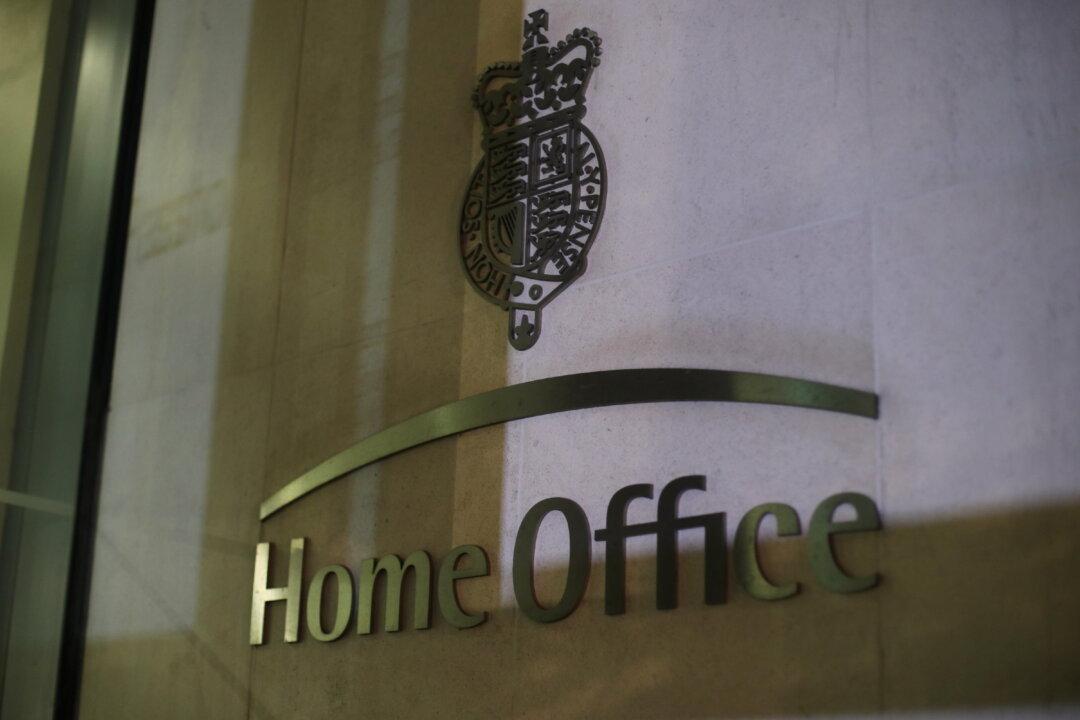A “chilling” loophole that law allows registered sex offenders to change their names needs to be closed, British MPs have warned.
In the House of Commons on Thursday, Labour MP Sarah Champion warned that British law currently leaves “the onus entirely on the offender to self-report changes in their personal information.”





